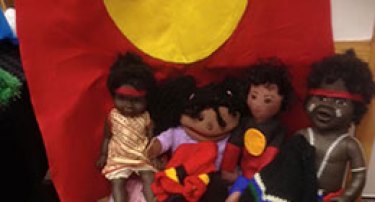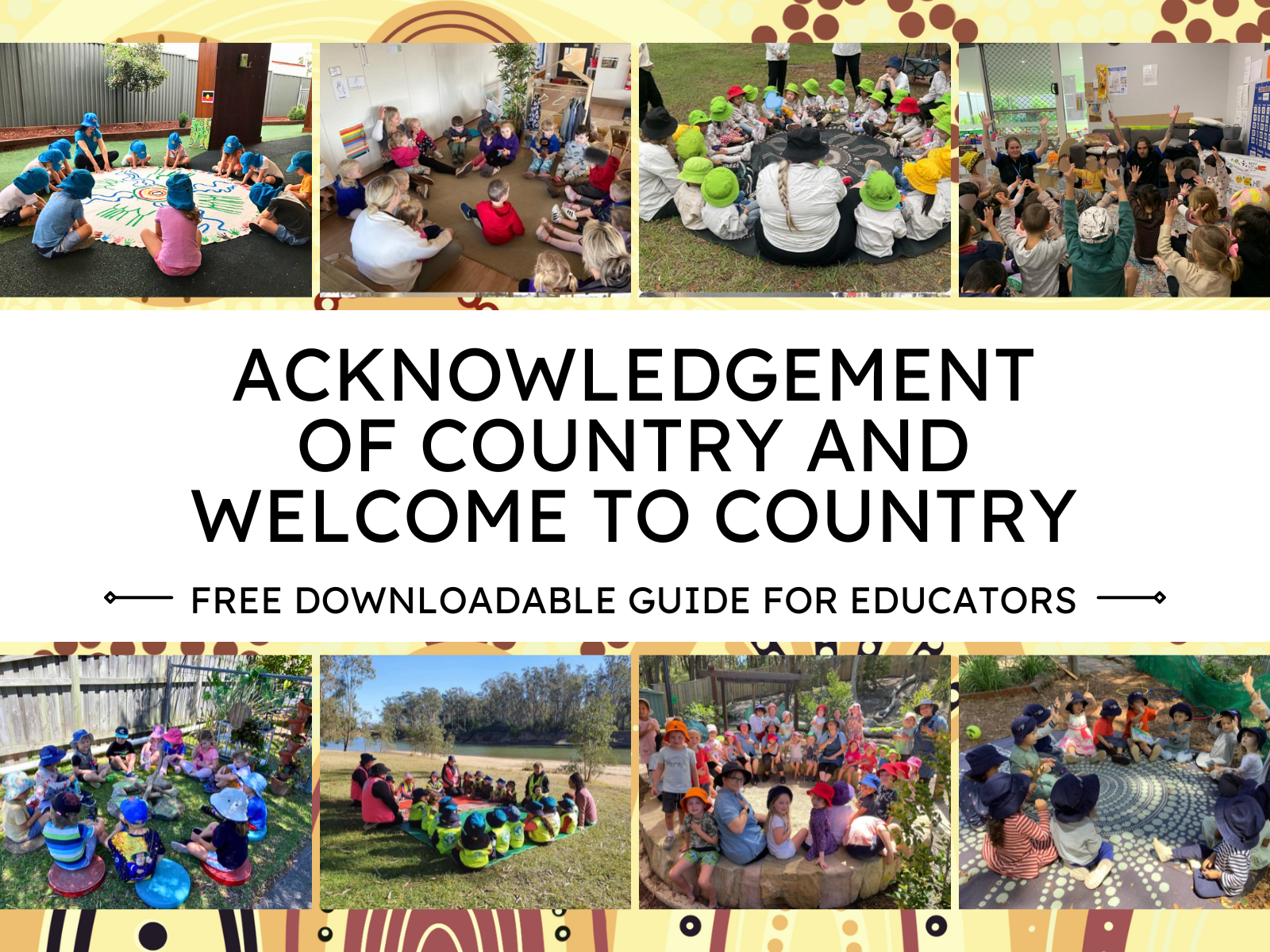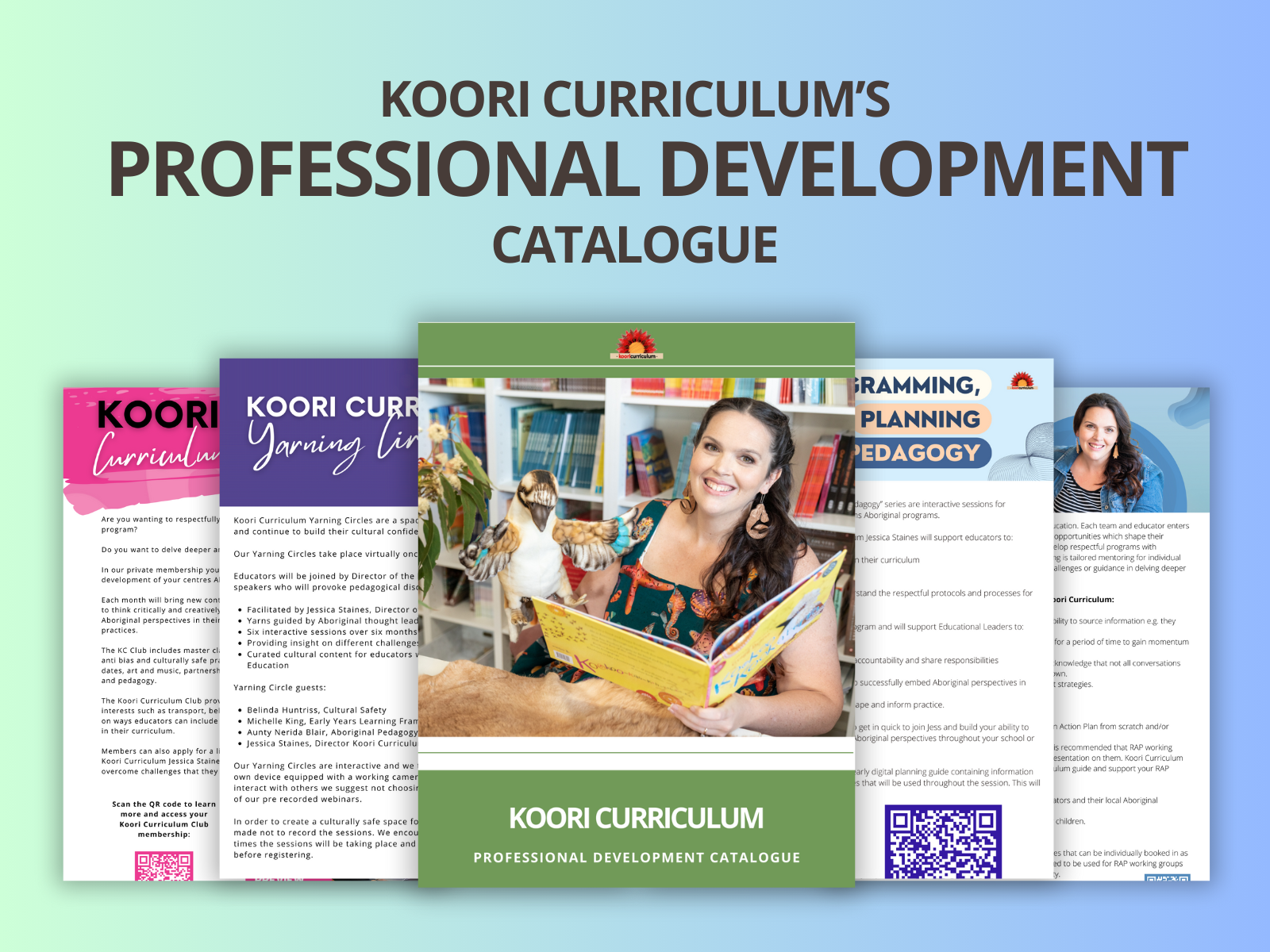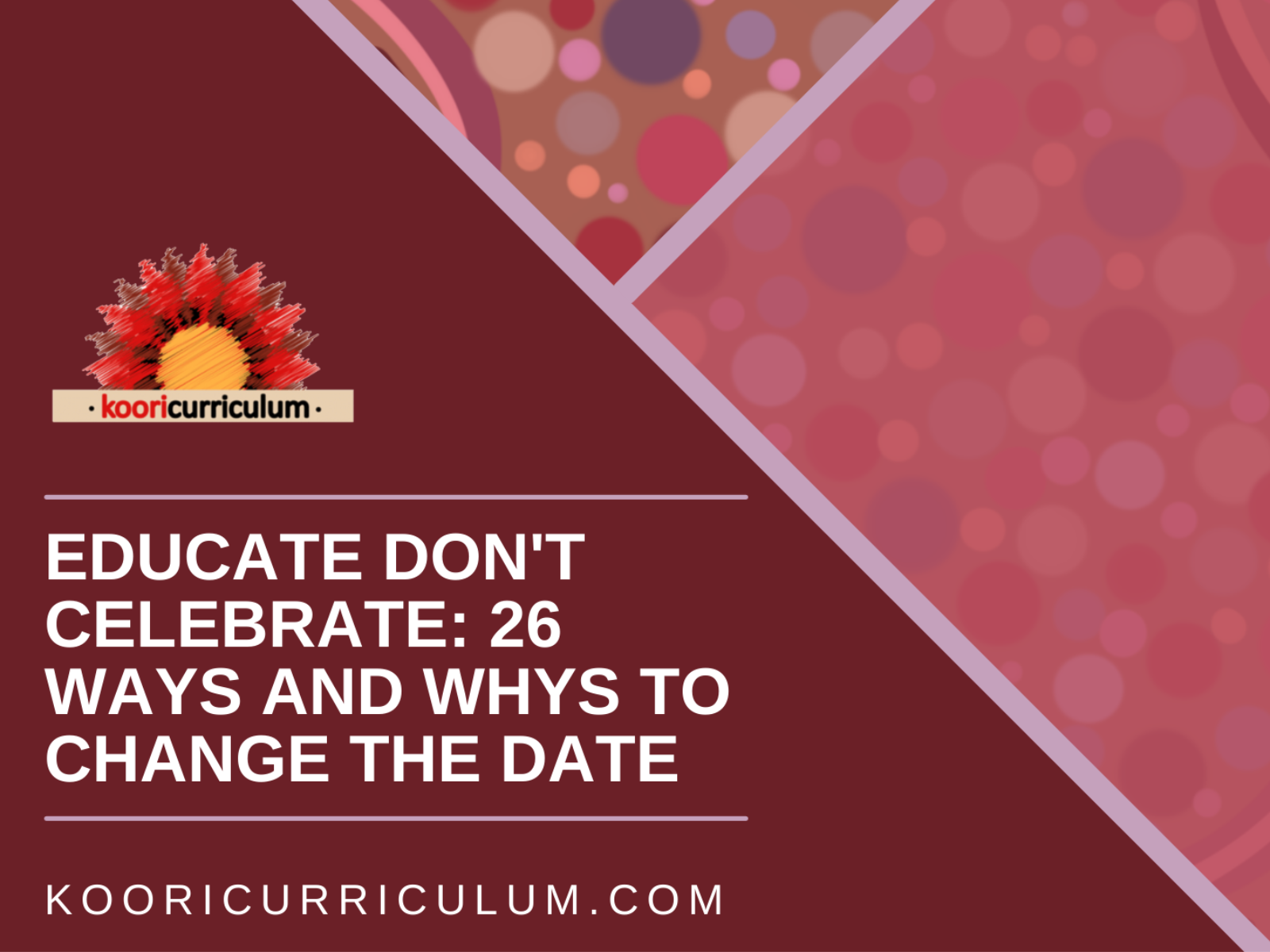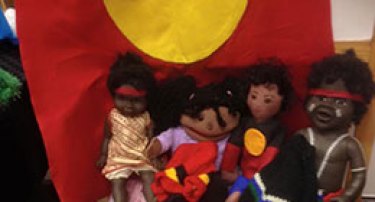
NAIDOC
I recently wrote this mini blog piece for Educational Experience:
Recognising Aboriginal significant dates in early learning curriculums is one way we can teach children respect for Aboriginal culture and people. NAIDOC is quickly approaching in July and many educators have already began planning how they intend to acknowledge this week with children and families.
When delivering professional development workshops through the Koori Curriculum I often ask educators whether they include NAIDOC celebrations in their program from which I’ve found many of them do. The next question I ask is what does NAIDOC stand for? Most participants hazard a guess and many get as far as National Aboriginal Islander Day, however in over two years of asking this question in nearly every workshop, to date only one educator has ever been able to answer this question correctly and here in lies the problem.
As educators we need to be really careful on relying upon using celebrations and significant dates in our programs as a way of bringing about inclusive practices. Controversial to many educators beliefs I personally don’t like including any celebrations in my program. I feel that no matter what celebration we include someone is always going to be marginalised or we run the risk of delivering theme based programs.
I often joke that NAIDOC should be renamed National Aboriginal Islander Day of Craft as this seems to be the way that this week transends into early learning settings. In actual fact NAIDOC stands for National Aboriginal Islander Day Observance Committee as during this week we have the Deadly Awards which recognises the achievements of Aboriginal and Torres Strait Islander people across seven different award categories.
During NAIDOC week I encourage educators to attend local NAIDOC community events and celebrations. There are many events that take place during this week and it’s the perfect opportunity for services to meet members of their local Aboriginal community and begin developing relationships. There are also a variety of free workshops on bush tucker, language, dance and history and when educators participate they take this new acquired knowledge with them back into the class room.
I’ve come to understand that one of the biggest boundaries for educators in accessing community events is that they simply don’t know when they are on and where they are taking place. To overcome this I suggest that educators subscribing to the Koori Mail our fortnightly Aboriginal news paper in NSW and visit the NAIDOC website where a list of events can be found.
http://www.edex.com.au/blog/ONAIDOC/
